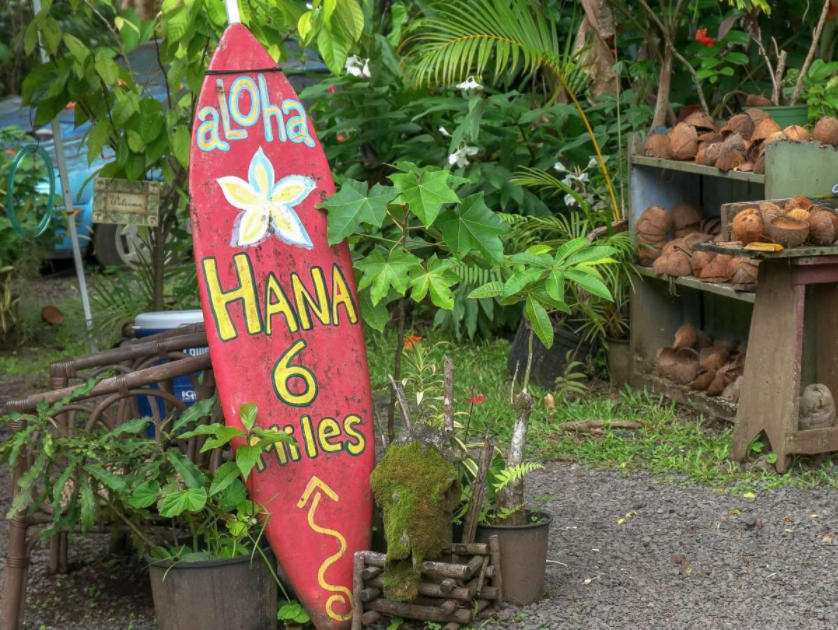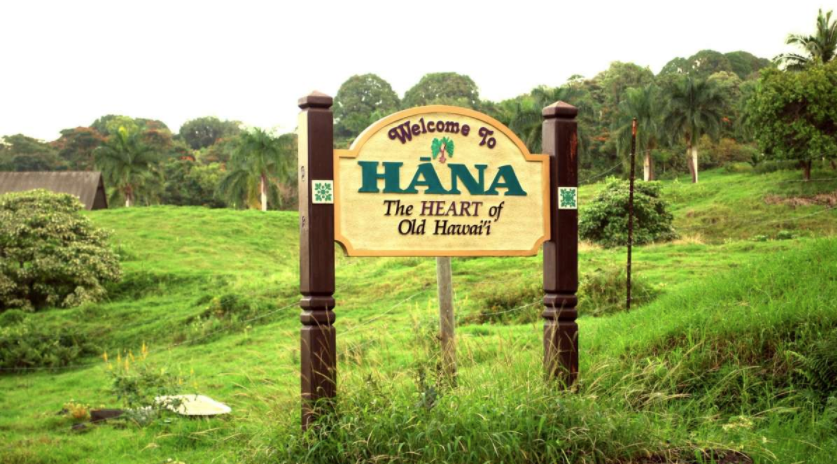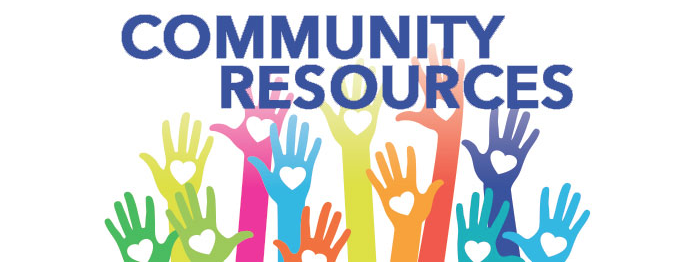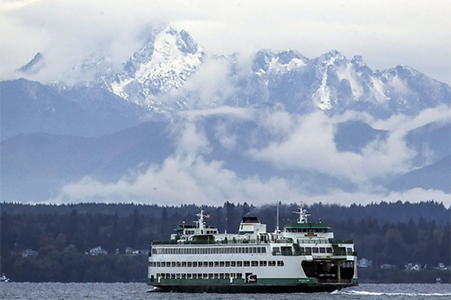||| FROM SFGATE.COM ||| [Reprint at request of an Orcasonian reader.}
“We are not Disneyland. People live here,” says Kai Duponte, a Native Hawaiian who was born and raised on Maui, responding to the unprecedented numbers of tourists to the island. “Although no one wants to stop tourism altogether, when we cannot enjoy our own home due to the crowds, we realize that we have become second-class citizens to the tourism industry.”
Indeed, Hawai‘i Tourism Authority data confirms Maui’s July arrivals at Kahului Airport are over 345,000, which is a 23 percent increase from the same month in 2019. Current projections show that August will be 32 percent over the pre-pandemic high and September will reach an astounding 36 percent increase. Driving this massive influx of tourism is a growing number of flights to Hawai’i as well as more competition by airlines to offer ever-cheaper fares.

An old surfboard has been repurposed as a road sign along Maui’s Road to Hana. crbellette/Getty Images/iStockphoto
Social media groups like “Enough Tourists Already,” or ETA, report daily on tourists engaging in harmful interactions with marine life and bragging about ignoring “kapu-no trespassing” signs to reach off-limits locations. Often, they point to online sources, like so-called “influencers” and audio tour apps, blaming at least some of this bad behavior on irresponsible recommendations.
Many residents posting in Hawai’i travel social media groups, as well as tourism insiders I spoke with off the record, express the belief that post-pandemic visitors to Hawai’i are a different type of tourist. Often, they say, these tourists seem fueled by a desire to get an up-close selfie with an endangered species, climb into an off-limits ocean pool or hike a closed mountain ridge trail. There’s no way to know to what degree technology drives this ill-considered behavior. But it is, many residents agree, a growing problem.
“Our needs are being ignored and Maui doesn’t have the infrastructure to deal with all the tourists that are being thrust, forced, upon us,” said Duponte, who is also ETA’s spokesperson. “Tourists tell us, ‘You need our money, without us you wouldn’t survive,’ and that is just not true.”

Traffic slows at a narrow bridge above a waterfall on Maui’s famous road to Hana. crbellette/Getty Images/iStockphoto
The Hawai‘i Tourism Authority has a different view, however. With tourism numbers hitting a record high in 2019, when 10.4 million people arrived by air or cruise ship, the authority says tourism remains the state’s primary economic driver. The tourism industry accounted for 16.2 percent of Hawai‘i Gross Domestic Product, nearly $18 billion in revenue from visitor spending and 20 percent of the state’s total jobs, according to the HTA.
In a state with a population of fewer than 1.5 million people, that means visitors outnumbered residents almost 10 to 1 on an annual basis. That puts a strain on not only local communities but also wildlife and natural resources like freshwater. Locals compete with tourists for parking at beaches, fight increased traffic on roads, stand in long lines at grocery stores or have to shift their lives around to accommodate the tourist crowds just to get to work.

Our Lady of Fatima Shrine and cemetery in Hana, Hawaii. John Elk/Getty Images
Those crowds also increase stress on the state’s marine life. The endangered Hawaiian monk seal, for example, has a worldwide population of just 1,400 and has been the subject of national attention after tourists shared videos of themselves touching the animals. Beyond these horror stories, overtourism is contributing, Hawai‘i residents say, to the destruction of coral reefs, hiking trails and beaches.
READ FULL ARTICLE: www.sfgate.com/hawaii/article/overtourism-maui-hawaii-hana-audio-tours-travel-16338529.php
**If you are reading theOrcasonian for free, thank your fellow islanders. If you would like to support theOrcasonian CLICK HERE to set your modestly-priced, voluntary subscription. Otherwise, no worries; we’re happy to share with you.**







